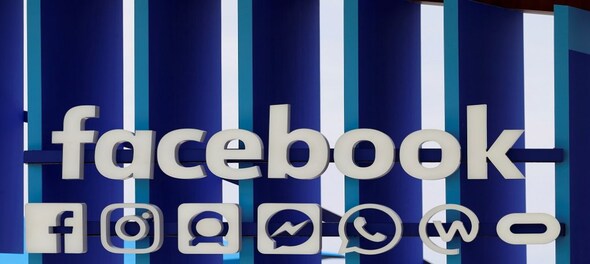
In December 2015, after 14 people were gunned down during a mass shooting in California’s San Bernardino, the Federal Bureau of Investigation (FBI) approached Apple with a request – to unlock an iPhone 5C recovered from one of the shooters to help with the investigation.
Apple refused, citing security risks to customers. After a legal back-and-forth that lasted over three months, the FBI withdrew its request, stating that it had purchased a tool from a third party that allowed it to access the phone’s data, but a novel debate was born – is national security more important than privacy?
India is currently staring down a slightly different version of that debate. Facebook-owned WhatsApp has been the subject of a legal battle in the Madras High Court over whether it should share messages with law enforcement agencies to fight cyber-crime and fake news.
Today, the Supreme Court asked the Madras High Court to not pass a final judgement on the matter and said it will consider Facebook’s request to transfer all such cases to the apex court in September.
Facebook’s lawyer, former Attorney General Mukul Rohatgi said the matter involves the privacy of the entire country and should only be heard by the Supreme Court, a 9-member bench of which passed the now-landmark privacy verdict last year.
With India set to get a dedicated data protection law soon, and as big businesses line up for a share of the data localisation pie, privacy has become an important part of public discourse – so how have other countries dealt with these questions?
Russia and Iran are no friends of end-to-end encryption. Messaging service Telegram, which has been a flagbearer of encryption before WhatsApp, was banned in Russia and Iran. Moscow banned it after it refused to provide the Federal Security Service (FSB) with a decryption key and Tehran banned it saying it was being used to plan violent uprisings against the government.
Also, Iran, China, North Korea, Cuba and Syria have banned WhatsApp, none of which seem like exemplary countries whose footsteps India wants to follow.
The United States has notable figures on each side of the debate, but the call to regulate social media and Big Tech has been getting louder in the aftermath of the Cambridge Analytica scandal.
US Attorney General William Barr recently called end-to-end encryption ‘warrant-proof’, while saying that it provided criminals with an impenetrable cloak of secrecy.
UK home secretary Priti Patel has a similar point of view, saying that end-to-end encryption hinders investigations and has asked tech companies, primarily Facebook, not to empower criminals with their products.
She has called for companies to provide government agencies with backdoor master keys that allow them to break decryption when needed to protect national security.
The UK also has a law called the Investigative Powers Act which can ask tech companies to remove electronic protection – however, it has never exercised this power.
The emergence of India as a digital powerhouse only serves to complicate matters for these companies. With data getting cheaper and mobile penetration growing at a faster rate than ever before, companies would think twice before alienating the world’s second-most populous country, especially as the most populous country is known to be less-than-accommodating of tech companies.
If India’s courts and government decide that national security cannot be compromised on, it is not going to be easy for companies to walk away from this market – and we’ve seen that before with foreign payment companies finally agreeing to comply with the RBI’s data localisation norms, regardless of what US President Donald Trump has to say on the matter.
India’s market size is a bargaining chip likely to be put into play in several key negotiations in the near future – whether that be the US-China war over 5G supremacy or more protectionist measures with regard to data.
In many ways, India stands to set many precedents with the choices it takes in these delicate matters – and in seeking to answer the question of whether national security is more important than privacy, might also have to answer where economic prosperity stands in that list of priorities.
First Published: Aug 20, 2019 8:04 PM IST
Check out our in-depth Market Coverage, Business News & get real-time Stock Market Updates on CNBC-TV18. Also, Watch our channels CNBC-TV18, CNBC Awaaz and CNBC Bajar Live on-the-go!


BJP spent more than ₹103 crore on Google Ads since May 2018, maximum expenditure on videos
Apr 27, 2024 11:39 AM
Lok Sabha Election Phase 2: Experts decode the key trends and issues in key battleground states
Apr 26, 2024 11:53 PM
2024 Lok Sabha Election | Which way the wind blows in the second phase
Apr 26, 2024 6:09 PM

